12:21, 23/02/2023
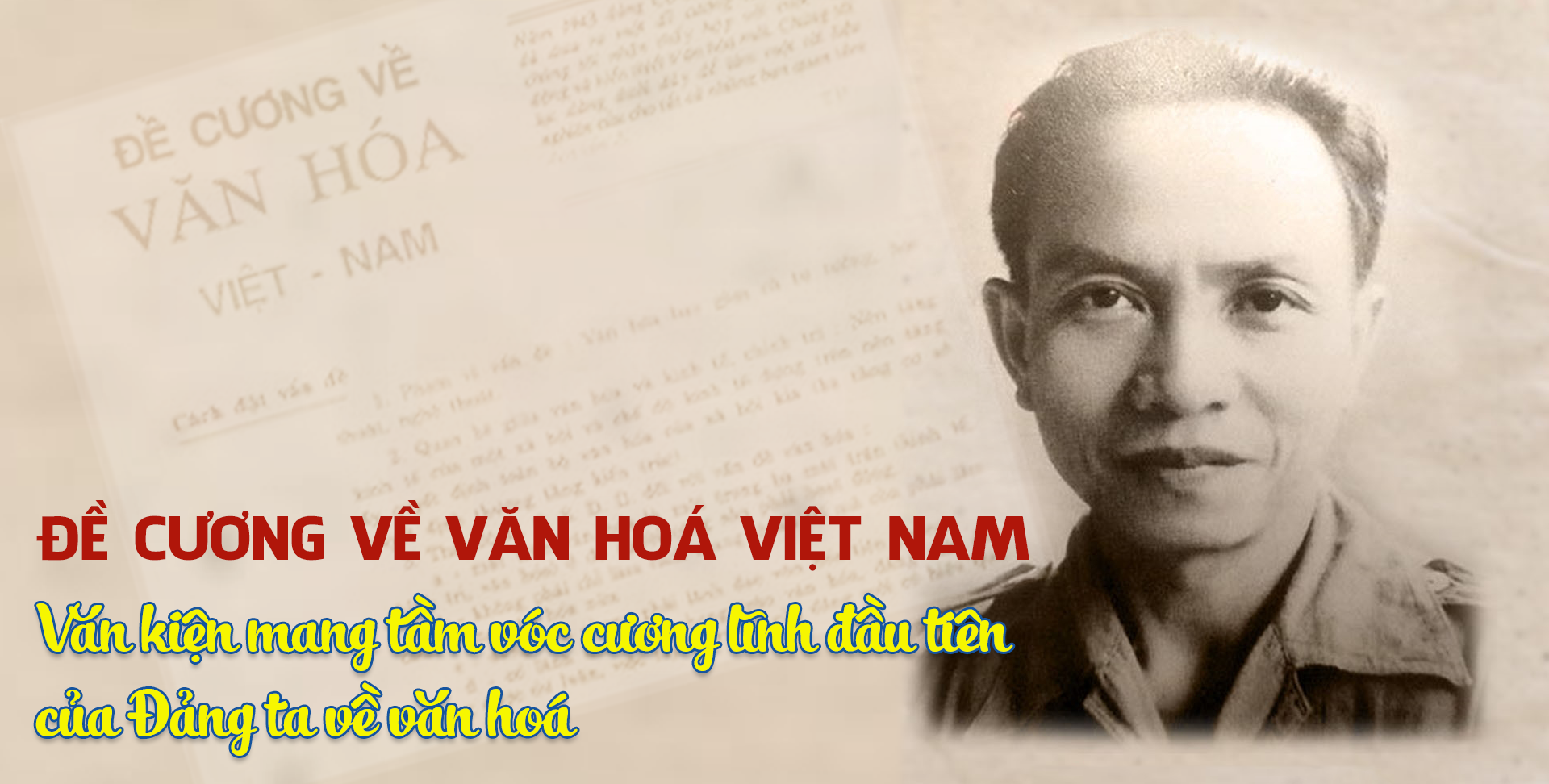 |
Over the past 80 years, the guiding viewpoints and ideas - the core values of the 1943 Outline on Vietnamese Culture - have remained valuable, guiding and guiding the development process of Vietnamese culture.
From February 25 to 28, 1943, at Vong La, a Central Security Zone location (now Vong La commune, Dong Anh district, Hanoi) before "The times were developing, the world situation and Indochina were changing rapidly and unusually... At this time, a Party Congress or a Central Committee conference should have been held to decide on new issues"[1] "which would have had a great influence on the national revolutionary movement to liberate Indochina"[2] but in the context of Japanese fascists and French colonialists madly suppressing and terrorizing revolutionary forces, the Central Party Standing Committee took on the responsibility of holding a Conference to "Review the new situation" and issue "Resolutions on necessary matters,... tasks that must be done immediately to quickly complete the task of national liberation"[3]. At this historic conference, the Outline on Vietnamese Culture drafted by General Secretary Truong Chinh was approved. At the end of February 1943, our Party issued a resolution of the Central Committee of the Indochinese Communist Party and an Outline on Vietnamese culture.
| ||
| Fishing Village Gate, Vong La, Dong Anh, Hanoi |
Our Party published the Cultural Outline in the context of the Second World War, which was developing very quickly and fiercely, "no longer an imperialist war but a war of fascist aggression and anti-fascist aggression"[4]. In 1943, the Soviet Union began a general counter-offensive to expel the fascist forces from the country; the democratic faction would take advantage of the victory to counter-attack the Japanese fascists in the Far East.
In Vietnam, the revolutionary movement after the 8th Central Resolution (5/1941) until 1943 had a strong development: The political and economic struggle took place in all three regions; notably, there were "many armed struggles of guerrilla and uprising nature" [5]. From the above situation, the Central Party Standing Committee came to the conclusion: "The work of preparing to fight to overthrow the rule of Japanese and French fascism is very necessary" [6]. The Central Party Standing Committee advocated: "All of our Party's work at this time must be aimed at preparing for the uprising, so that when the opportunity comes, we can promptly bring the masses to fight" [7]. The Central Party Standing Committee decided on 5 new, urgent issues, in which it directed the entire Party to resolutely act to effectively implement the tasks and solutions in the Central Party's plan to prepare for the uprising. In the task of a solution to mobilize all social classes to participate in the General Uprising, the Central Standing Committee decided on a major policy: Carry out a cultural movement. The Party needed to send specialized cadres to work on culture, to create a progressive cultural movement, a national salvation culture, and to fight against fascist culture. Therefore, at the Central Standing Committee Conference held in Vong La (Dong Anh, Phuc Yen) in February 1943, our Party approved: Outline on Vietnamese Culture !
Our Party's first platform on culture
On the occasion of the 40th anniversary of the Outline of Vietnamese Culture, Comrade Truong Chinh, Chairman of the State Council, read an important speech mentioning the basic contents and core values of this historical document: "The Outline of Vietnamese Culture is not long, has many limitations because in the secret situation, the Central Committee did not have enough conditions to deeply research issues related to the Vietnamese cultural revolution. But the Outline of Culture has captured the basic issues of Vietnamese Culture under the light of Marxism-Leninism, under the conditions of the Vietnamese revolution at that time"[8].
Based on Marxist methodology, closely linked with in-depth analysis of reality, especially the reality of Vietnamese culture under the domination, oppression, and enslavement of Japanese and French fascists, the Outline presented the main elements of cultural content including ideology, academics (science), art (literature and art) and the dialectical relationship between these elements. Of the three main elements above, Ideology has the foremost significance of culture. Ideology is directly related to worldview, outlook on life, perception, emotions, and human behavior towards society, towards nature, and towards oneself. Ideology, ethics, and lifestyle are key areas of culture. The Academic (science) element is the fundamental factor, determining the nature and quality of culture. Academics is directly related to scientific knowledge, education, and understanding, which are the conditions for humans to explore and transform the world. Therefore, Academics-science is directly related to educational activities, training, knowledge transfer, and improving people's intelligence... Academics-science requires everyone to uphold the spirit of continuous learning, lifelong learning, building a learning society, improving knowledge and practical capacity. The Art element (literature and art) is a very important and delicate field of culture, expressing people's aspirations for truth, goodness and beauty. Literature plays an important and irreplaceable role in educating and nurturing people's souls, emotions, personalities and good lifestyles.
| ||
| Outline of Vietnamese Culture |
Referring to the position and role of Culture in the cause of national liberation revolution, the Outline affirmed: "The cultural front is one of three fronts (economic, political, cultural) where communists must operate. Not only must we make a political revolution but we must also make a cultural revolution. Only by leading the cultural movement can the Party influence public opinion and the Party's propaganda be effective." Before presenting the Party's views on the cultural revolution, the Outline put forward two hypotheses about the future of Vietnamese culture. "One is: If fascist culture (medieval culture and enslavement) wins, Vietnamese national culture will be poor and inferior. Two is: Vietnamese national culture will be freed from its shackles by the victorious democratic liberation revolution and will catch up with the world's democratic culture." The Outline affirmed: "The Vietnamese national revolution will definitely make the second hypothesis come true."
Next, the Outline presents our Party's views on the issue of Vietnam's cultural revolution: First of all, the inevitability and prerequisites for successfully carrying out the cultural revolution: a- The cultural revolution must be completed in order to complete the social transformation. b- The cultural revolution must be led by the Indochinese Communist Party. c- The cultural revolution can be completed when the political revolution is successful (the cultural revolution must come after the political revolution). The methods of cultural reform proposed now are only paving the way for the radical revolution in the future. Regarding the goal of the cultural revolution is socialist culture. Regarding the relationship between the Vietnamese cultural revolution and the national liberation revolution, the Outline emphasizes: The cultural revolution in Vietnam must rely on the national liberation revolution to have the conditions to develop. The Vietnamese national liberation revolution can only in the most fortunate case bring Vietnamese culture to the level of democracy and have a completely independent national character to build a new culture. We must move forward to carry out the social revolution in Indochina to build a social culture throughout Indochina. The outline also makes clear the immediate goal of the cultural movement in Vietnam is to build a new culture, although not yet a socialist culture. The new culture of Vietnam has two new national and democratic characteristics; in this period it is the most revolutionary and progressive in Indochina.
| ||
| General Secretary Truong Chinh, author of the 1943 Outline of Vietnamese Culture |
The outline identifies three principles of the cultural movement in Vietnam during this period:
- Nationalization; opposing all enslavement and colonial influences to help Vietnamese culture develop independently.
- Popularization; against all policies and actions that make culture go against the masses or away from the masses.
- Scientization; against everything that makes culture unscientific and anti-progressive.
The persuasiveness and high combativeness of the viewpoints, guiding thoughts, and organizing actions of the Cultural Outline have awakened pessimistic, wavering, and disoriented intellectuals and artists to see that: If we want to liberate ourselves, we must voluntarily commit ourselves to the path of national liberation; intellectuals and artists must be soldiers on the ideological and cultural front in the national liberation revolution. This historical document has truly become a flag to rally, organize, and encourage the actions of intellectuals and artists nationwide in the fight to break the shackles of fascist and colonial culture, and to strongly promote the spiritual and cultural strength of the entire nation for the victory of the August 1945 Revolution.
With the contents presented in the Outline of Vietnamese Culture 1943 and the spiritual and cultural strength created in the cultural movement from February 1943, which contributed worthily to the great victory of the August Revolution, establishing the Democratic Republic of Vietnam, the first worker-peasant state in Southeast Asia, we can completely affirm that: The Outline of Vietnamese Culture 1943 is our Party's first platform on culture.
Original values, guiding and guiding the development process of Vietnamese culture
Immediately after the success of the August Revolution, in the context of focusing on fighting against hunger, illiteracy, and foreign invaders, we successfully organized the First National Cultural Conference (November 1946) and the Second National Cultural Conference (July 1948). These two historical events were as meaningful as the Dien Hong Conference on culture, affirming the vision of the times of President Ho Chi Minh and our Party on the role and position of culture, on the path of building "a culture of resistance and nation building of the entire people" and "a new culture of the country, taking the happiness of the people and the nation as the foundation", to "Use culture to lead the nation to realize Independence, self-reliance and autonomy". "To build a new culture, we must make culture deeply rooted in the national psyche, meaning that culture must correct corruption, laziness, vanity, and luxury. Culture must make everyone have the ideal of self-determination, independence, and freedom. At the same time, culture must make the national spirit of forgetting oneself for the sake of the country, forgetting one's own interests for the common good." "Culture must make every Vietnamese person, from old to young, both men and women, understand that their duty is to enjoy the happiness they should enjoy, the fate of our nation is in our hands, culture must light the way for the nation" [9] . "In the great cause of resistance and national construction of our nation, culture plays a very important part... culturalists need to be tightly organized and go deep into the masses. The cultural task is not only to promote the spirit and strength of resistance and national construction now, but also to pass on the glorious history of resistance and national construction to future generations." "There is a patriotic emulation movement of the entire people... The national cultural conference will have a patriotic emulation program on the cultural front" [10] .
| ||
| Photo of an article published in the National Salvation Newspaper on November 25, 1946 summarizing the important contents of the first National Cultural Conference. |
After the cultural conference, with the motto of action: "Culturalizing the resistance", "Culturalizing the resistance", "Building a new life", Vietnamese culture has truly been the spiritual driving force to mobilize all resources for the resistance, contributing significantly to the victory of Dien Bien Phu.
Since 1954, the whole country has carried out two strategic tasks: building socialism in the North and fighting for national reunification. Our Party has always paid attention to leading the construction and development of a new culture and new people. At the Third National Party Congress in 1960, our Party determined the goals, directions, tasks, and guiding viewpoints for carrying out the socialist revolution in ideology, culture, and technology to build an advanced Vietnamese culture that practically serves the revolutionary cause and constantly improves the material and spiritual life of the people. The Party attaches importance to leading the development of literature, art, press, publishing, radio, cinema, libraries, and museums, enhancing the ideological, combative, and popular character in these fields; at the same time, the Party pays special attention to leading mass cultural work and building cultural activities and institutions at the grassroots level. The Party's leadership on the cultural front from 1960 to 1975 promoted the combined strength of cultural forces towards carrying out two strategic tasks of both nation building and resistance against the US to save the country, achieving complete victory with the Great Victory of Spring 1975, reunifying the Fatherland, bringing the whole country into the era of national independence and socialism.
Since 1986, our Party has initiated and led the cause of synchronous and comprehensive innovation in all areas of social life, from economics, politics to socio-culture, national security and defense and foreign affairs. The Party's innovation policy in the cultural field is crystallized in two Resolutions: Resolution of the 5th Central Committee, Session VIII, on building an advanced Vietnamese culture imbued with national identity and Resolution of the 9th Central Committee, Session XI, on building and developing Vietnamese culture and people to meet the requirements of sustainable national development. Inheriting and creatively developing the viewpoints and guiding thoughts in the 1943 Cultural Outline , in the Policy on building a culture of resistance and national construction of the entire people in the two great resistance wars of the nation, correctly perceiving the laws of movement of cultural elements in the new period of national development, our Party affirms: Building an advanced Vietnamese culture imbued with national identity with two main characteristics: Advanced and national.
Progressive means patriotism and progress, the core content of which is the ideal of national independence and socialism according to Marxism-Leninism and Ho Chi Minh's thought, aiming at all for the people, for happiness and the rich, free and comprehensive development of people in a harmonious relationship between the individual and the community, between society and nature. Progressive is not only in the content of ideology but also in the form of expression and the means of conveying the content.
National identity includes sustainable values, the quintessence of the Vietnamese ethnic community, cultivated through thousands of years of building and defending the country. That is ardent patriotism, national self-reliance, solidarity, community awareness, connecting individuals - families - villages - Fatherland. Compassion, tolerance, respect for morality and ethics; diligence and creativity in work, sophistication in behavior, simplicity in lifestyle. National cultural identity is also evident in unique forms of national expression.
Regarding the goal, building a comprehensively developed Vietnamese culture and people towards Truth - Goodness - Beauty, imbued with the spirit of national humanity, democracy and science. Culture truly becomes a solid spiritual foundation of society, an important endogenous strength ensuring sustainable development and firmly protecting the Fatherland for the goal of a rich people, a strong country, democracy, fairness and civilization.
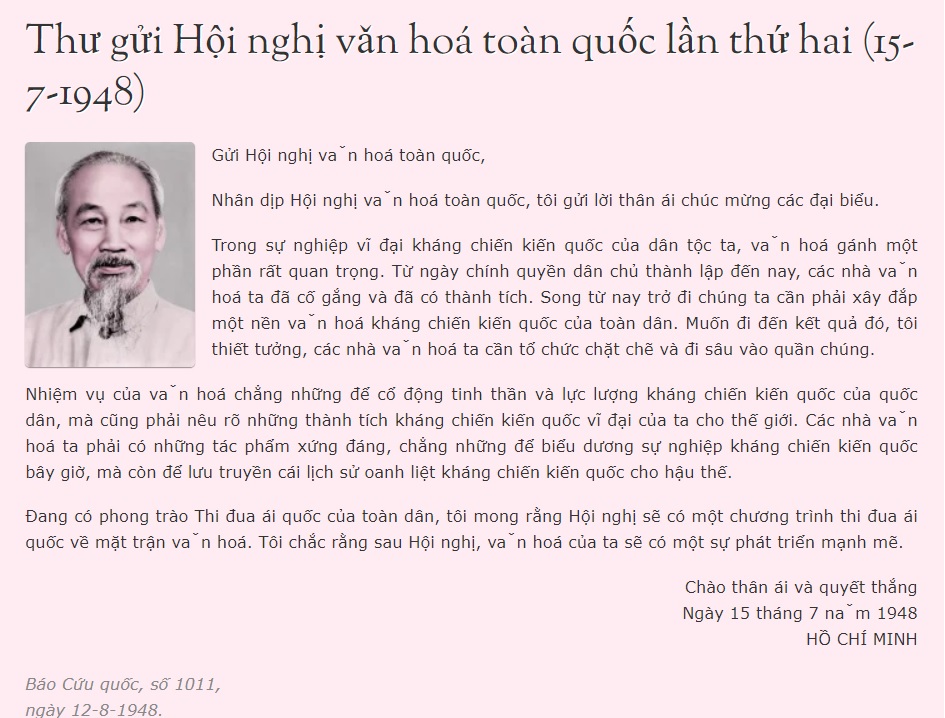 |
From the target orientation, the Party Resolution has identified 5 guiding viewpoints: 1- Culture is the spiritual foundation of society, the goal and driving force for sustainable development of the country. Culture must be placed on par with political economy and society. 2- Building an advanced Vietnamese culture imbued with national identity. Unifying the diversity of the Vietnamese ethnic community with national, humanistic, democratic and scientific characteristics. 3- Developing culture for the perfection of human personality and building people to develop culture. In building culture, the focus is on taking care of building people with good personality and lifestyle with basic characteristics of patriotism, humanity, honesty, solidarity, diligence and creativity. 4- Building a synchronous cultural environment, in which the role of family and community is emphasized. Harmoniously developing between economy and culture, it is necessary to pay full attention to cultural and human factors in economic development. 5- Building and developing culture is the cause of the entire people, led by the Party, managed by the State, the people are the creative subjects, and the intellectual team plays an important role.
The Party's cultural development policy in the new period has identified 6 tasks for building and developing culture and people, which are: 1. Building Vietnamese people with comprehensive development; 2. Building a healthy cultural environment; 3. Building culture in politics and economics; 4. Improving the quality and effectiveness of cultural activities; 5. Developing cultural industries in parallel with building and perfecting the cultural market; and 6. Proactively integrating internationally in culture.
Revival and development of Vietnamese culture in the new era
At the 13th National Congress, our Party determined to continue to build and develop an advanced Vietnamese culture imbued with national identity, which is truly the "Spiritual Foundation", "the driving force and endogenous strength for sustainable development" and "Lighting the way for the nation", promoting the cultural values and strength of the Vietnamese people, arousing the aspiration to develop a prosperous and prosperous country, creating the combined strength of the entire nation to take advantage of opportunities, overcome all difficulties and challenges to turn our country into a socialist-oriented developed country by the mid-21st century. Therefore, cultural development is one of the key issues; a prominent content in the Documents of the 13th National Congress of the Party.
Political report of the Central Executive Committee at the 13th Congress comprehensively and deeply addresses the issue of developing Vietnamese culture and people in the new era from the viewpoints, goals, major orientations, key tasks, and strategic breakthroughs. The political report emphasizes one of the core and consistent guiding viewpoints: "Strongly arouse the spirit of patriotism, the will of national self-reliance, and the aspiration to develop a prosperous and happy country. Promote the combined strength of the entire political system, of Vietnamese culture and people. Combine national strength with the strength of the times, maximize internal strength, in which internal resources, especially human resources, are the most important".
To implement the Resolution of the 13th National Party Congress on the cultural field, inherit and creatively promote the Party's cultural leadership method in the early years of gaining power, our Party organized the 2021 National Cultural Conference with 600 delegates who are leaders and cultural managers of forces, areas of cultural life, and representatives of intellectuals, culturalists, and artists nationwide. General Secretary Nguyen Phu Trong chaired and key leaders of the Party, State, and Vietnam Fatherland Front attended the "Dien Hong Conference" to revive and develop Vietnamese culture in the new era.
| ||
| General Secretary Nguyen Phu Trong with delegates attending the National Cultural Conference in November 2021 |
In his opening speech at this historic conference, General Secretary Nguyen Phu Trong affirmed the political determination of the entire Party and people: "To continue to build, preserve, revive and develop the nation's culture, we need to focus on implementing well 6 key tasks:
- Further arouse the spirit of patriotism, self-reliance, solidarity, aspiration for national development..., promote the cultural values, strength and spirit of dedication of all Vietnamese people.
- Building Vietnamese people in the period of innovation, development and integration with appropriate standard values associated with preserving and promoting Vietnamese family values, cultural values, national values, smoothly combining traditional values with modern values.
- Comprehensive and synchronous development of cultural fields and cultural life.
- Promote the role of the creative subject and the cultural beneficiary, which is the People. Promote the pioneering role of the intellectual and artistic team of those working in cultural work.
- Focus on building the Party politically, culturally and ethically, resolutely fighting against corruption and negativity so that our Party and our country's political system are truly ethical and civilized, representing the conscience and dignity of the Vietnamese people.
- Building a digital cultural environment suitable for the digital economy, society and digital citizens, making culture adapt and regulate the country's sustainable development in the context of the fourth industrial revolution".
| ||
| Associate Professor, Dr. Dao Duy Quat, former Deputy Head of the Central Committee for Ideology and Culture, proposed that the Party Central Committee establish a Central Steering Committee to revive and develop Vietnamese culture and people by 2045. |
To implement the above direction, in the coming time we need to focus on implementing the following 4 solutions resolutely and effectively:
- Continue to improve the awareness and leadership capacity of the Party and the State's management in the cultural field to meet the requirements of human development in the period of socialist-oriented market economy development, promoting industrialization - modernization and international integration.
- Building and training a team of cadres directly involved in cultural work commensurate with the requirements and tasks of Vietnam's development in the new period.
- Pay more attention to preserving, embellishing and promoting national cultural values, tangible and intangible cultural values of regions and ethnic groups combined with absorbing modern culture.
- Focus on building a healthy culture of behavior in society. Promote positive values of family and social customs and traditions... Resolutely and persistently fight against embezzlement, corruption, negativity, and against the degradation of ideology, morality and lifestyle.
To revive and develop Vietnamese culture and people in the new era in accordance with the guiding ideology of General Secretary Nguyen Phu Trong: "First call, then support", "one call, all respond", "unanimity from top to bottom", and "throughout the whole", we must further innovate our leadership methods: Ideological work must be closely linked with organizational work, cadres, and policy mechanisms in implementing the national program with the goal of reviving and developing Vietnamese culture and people by 2045.
Based on the successful model of establishing the Central Steering Committee on Anti-Corruption in the 12th and 13th tenures, we would like to propose that the Party Central Committee establish a Central Steering Committee for the revival and development of Vietnamese culture and people by 2045. The Central Committee will appoint a key leader as the Head of the Committee. The Central Propaganda Department and the Ministry of Culture, Sports and Tourism are the standing agencies. Representatives of the leaders of the ministries, departments and branches of the Party, Government, National Assembly and the Fatherland Front related to the cause of reviving Vietnamese culture will participate in this Steering Committee.
According to Chinhphu.vn
Source


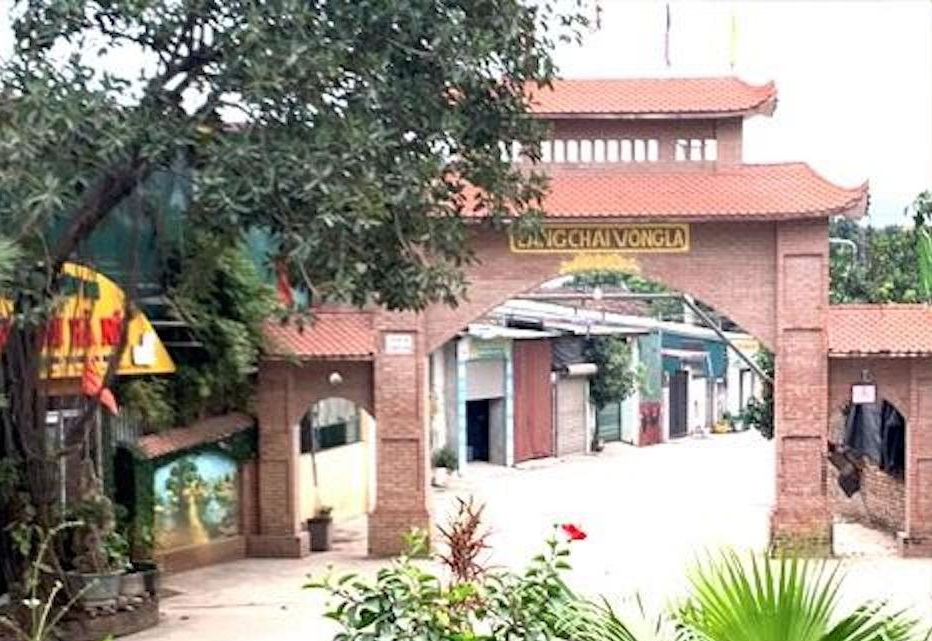
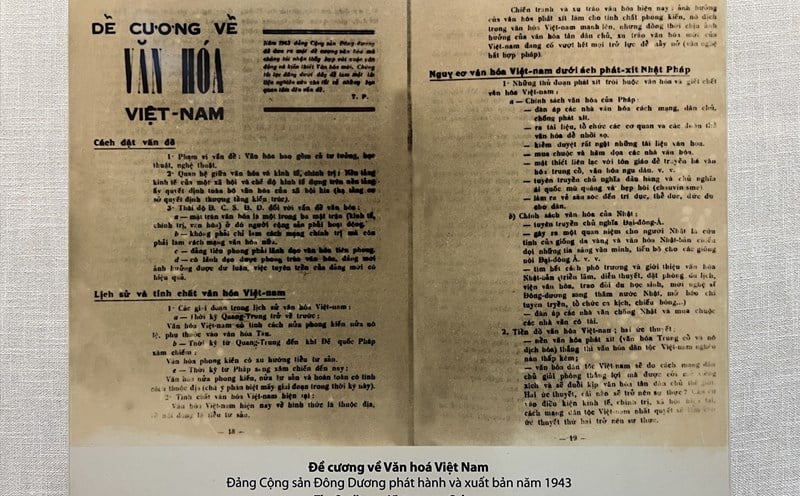
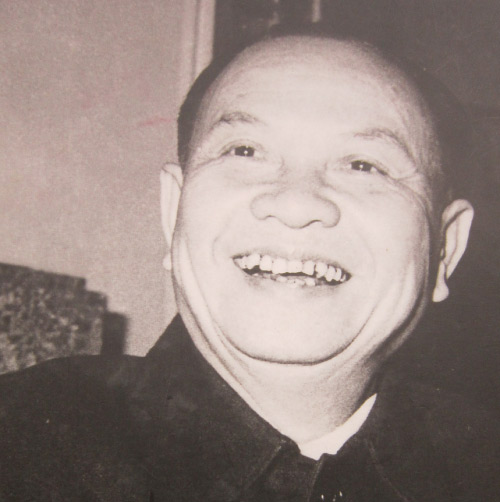
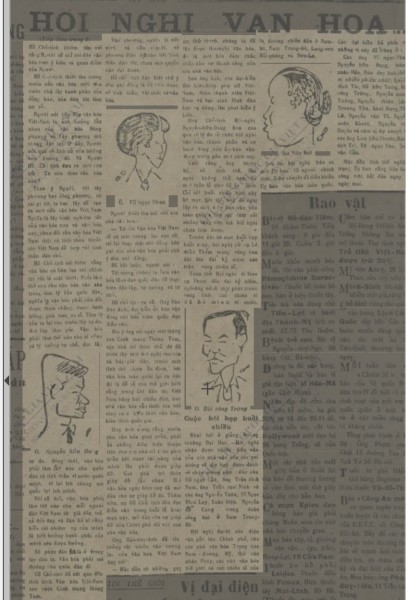
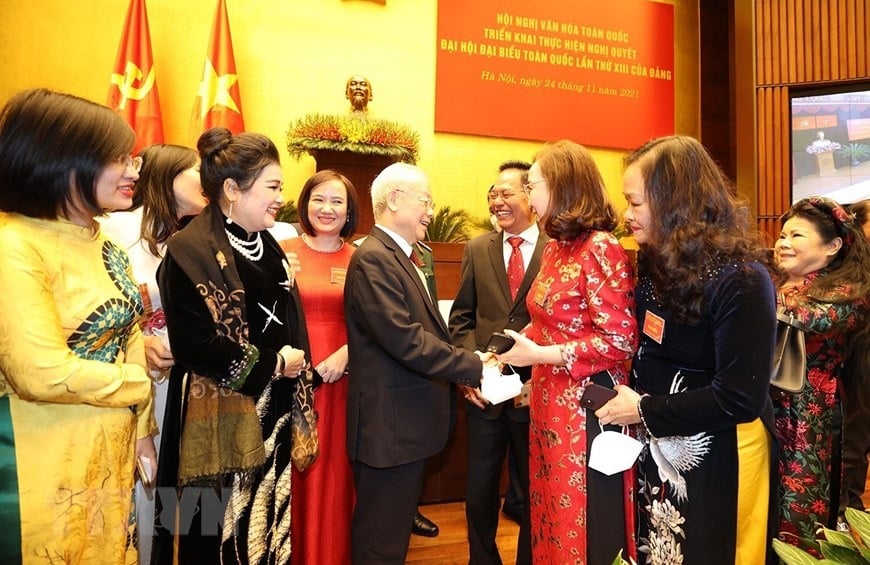
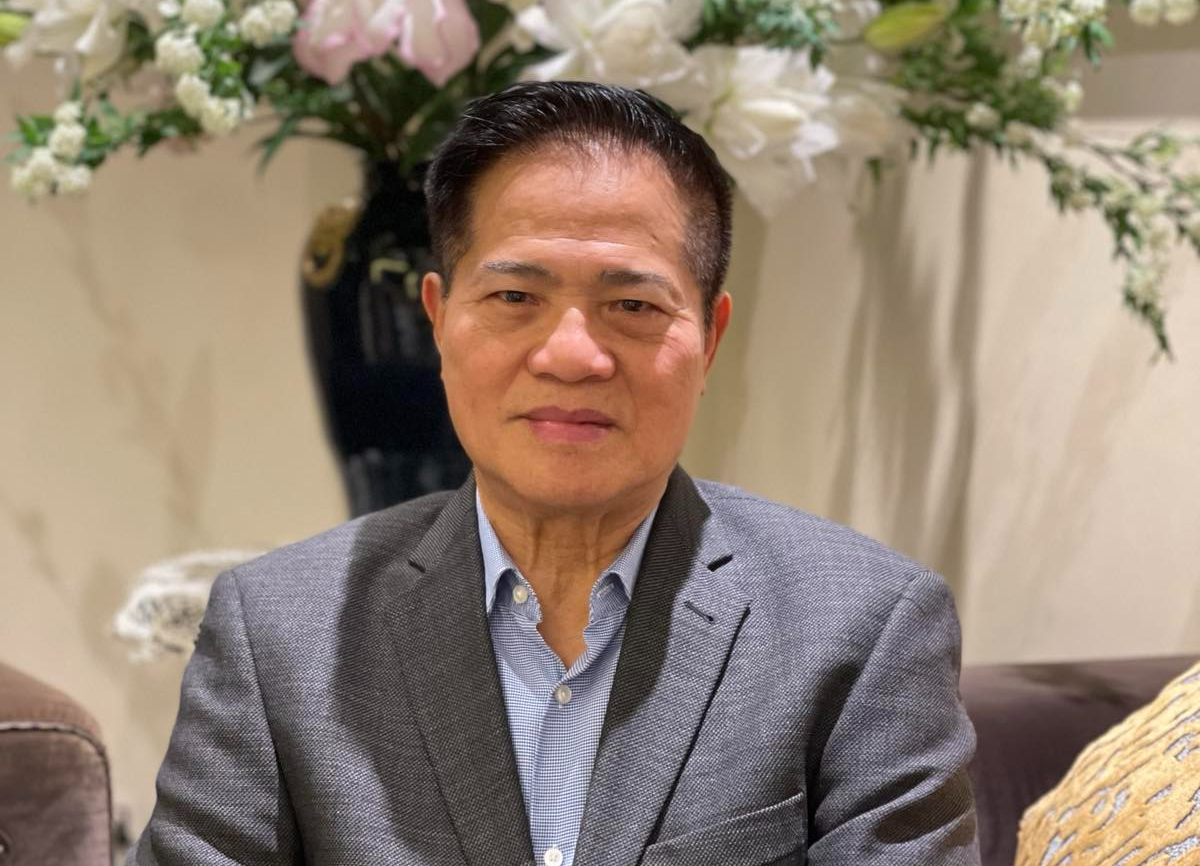
![[Photo] Festival of accompanying young workers in 2025](https://vphoto.vietnam.vn/thumb/1200x675/vietnam/resource/IMAGE/2025/5/25/7bae0f5204ca48ae833ab14d7290dbc3)
![[Photo] Memorial service for former President Tran Duc Luong in Ho Chi Minh City](https://vphoto.vietnam.vn/thumb/1200x675/vietnam/resource/IMAGE/2025/5/25/c3eb4210a5f24b6493780548c00e59a1)
![[Photo] President Luong Cuong receives Vice President of the Cambodian People's Party Men Sam An](https://vphoto.vietnam.vn/thumb/1200x675/vietnam/resource/IMAGE/2025/5/25/6f327406164b403a8e36e8ce9d3b2ad2)
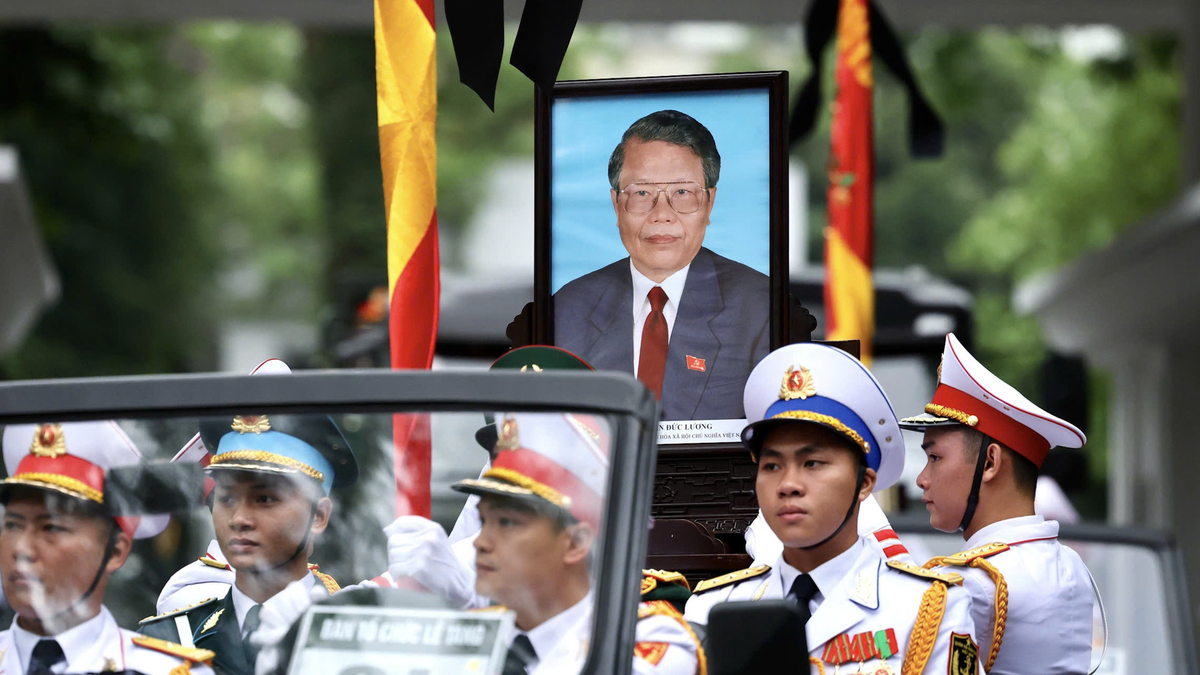
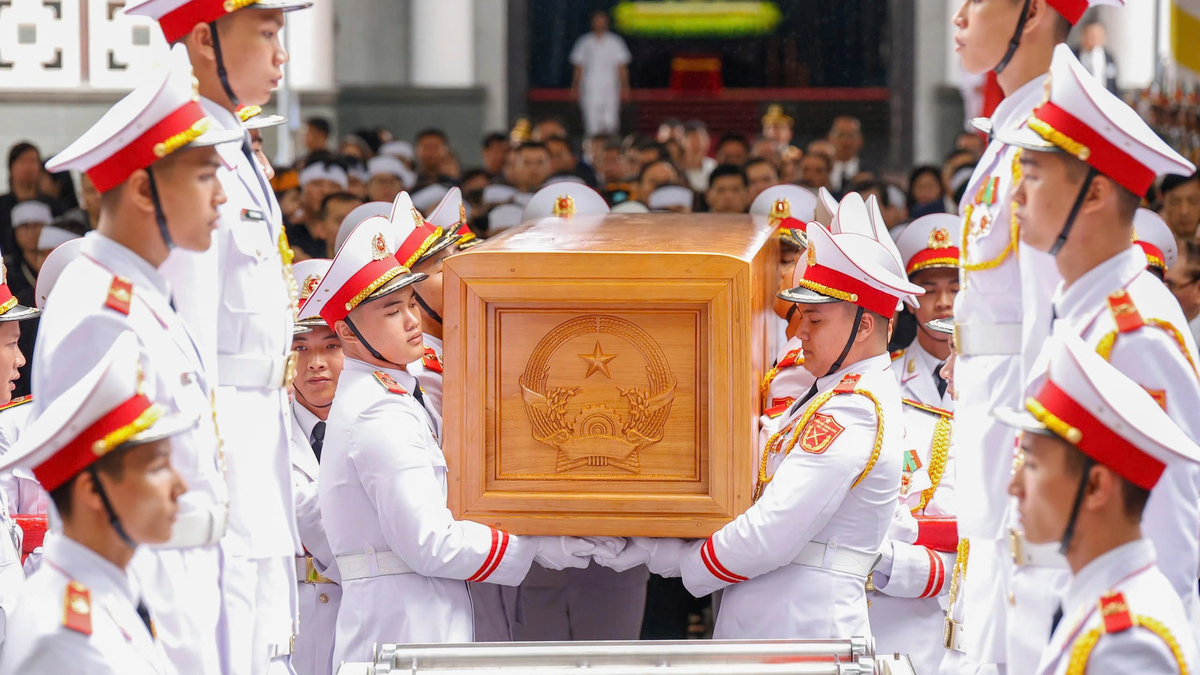
![[Photo] President Luong Cuong receives Lao Vice President Pany Yathotou](https://vphoto.vietnam.vn/thumb/1200x675/vietnam/resource/IMAGE/2025/5/25/958c0c66375f48269e277c8e1e7f1545)
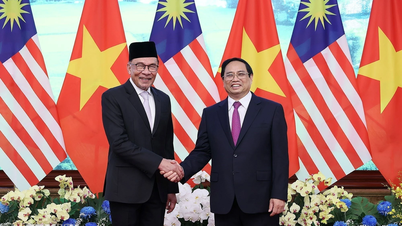

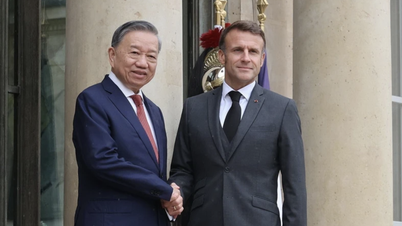
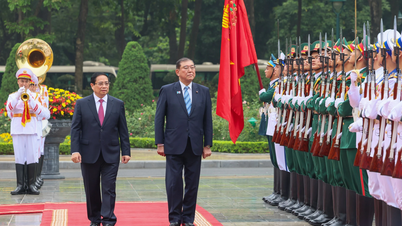
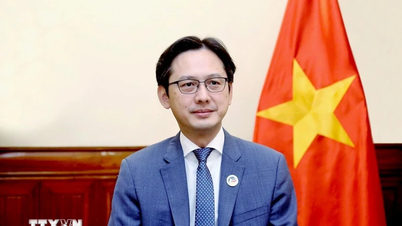



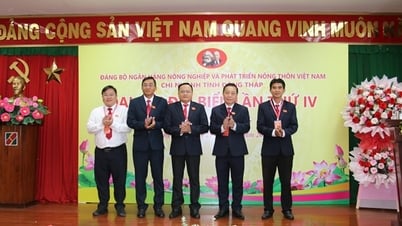

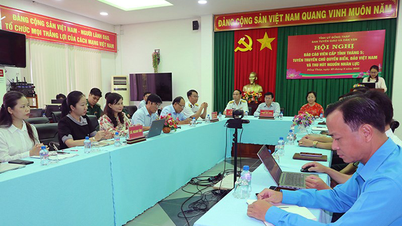
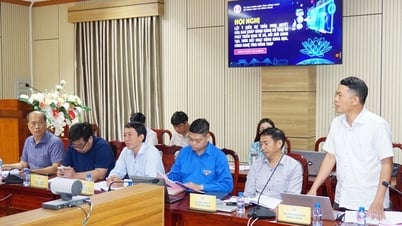
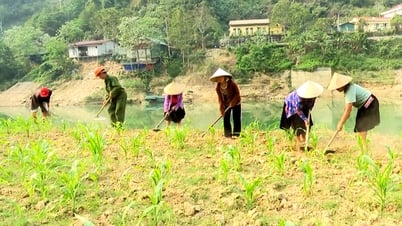

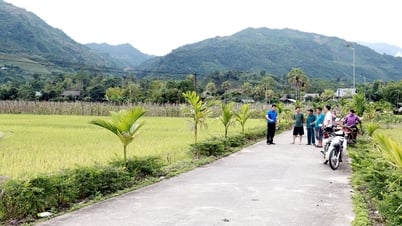








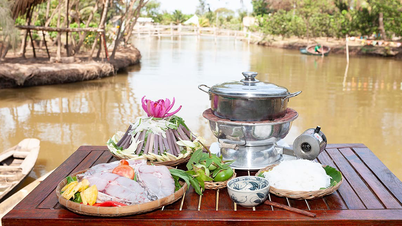
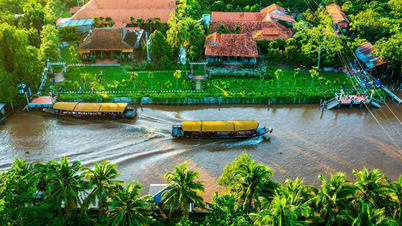


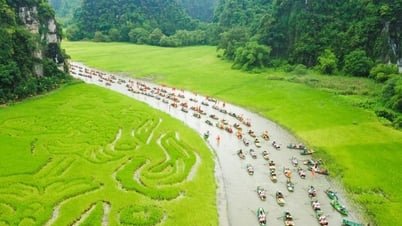

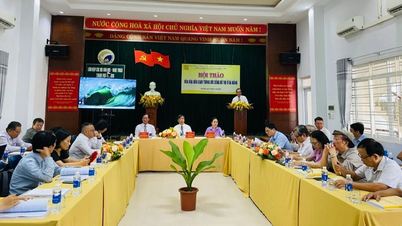

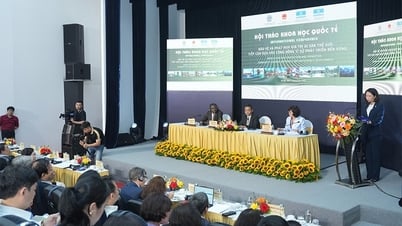









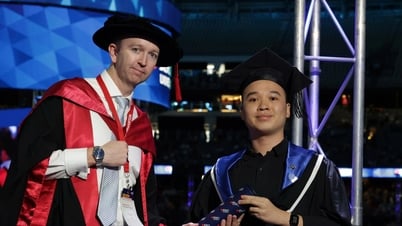

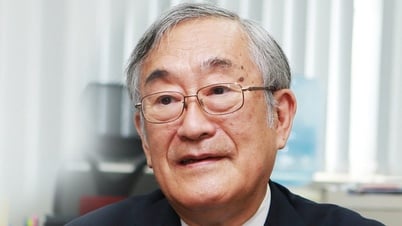

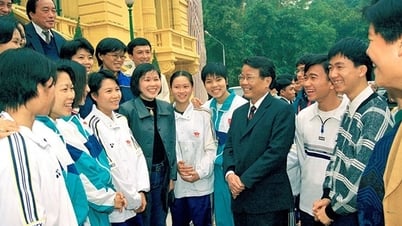






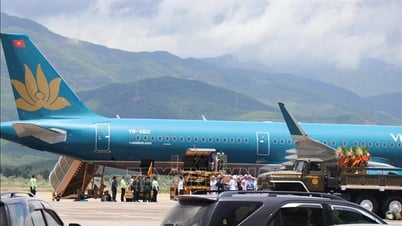
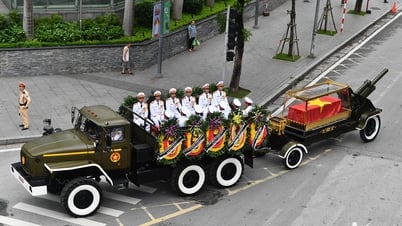


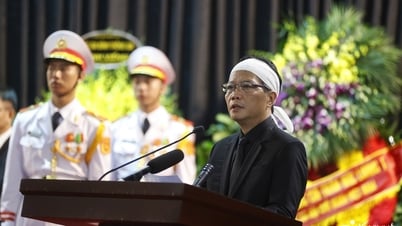







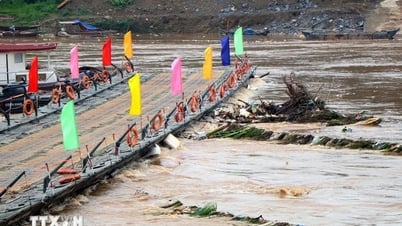



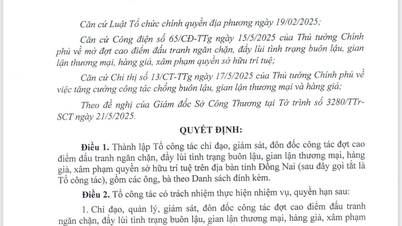

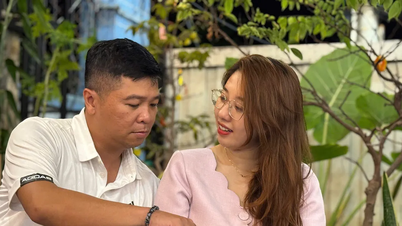

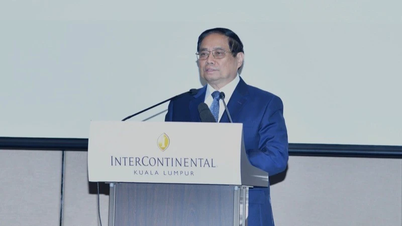

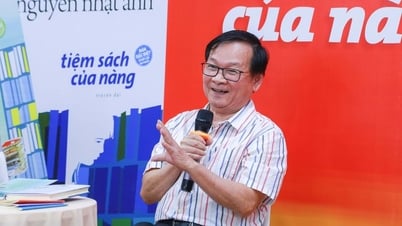




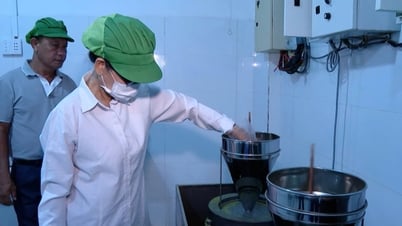




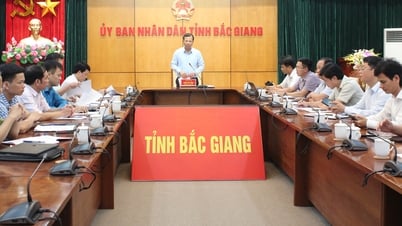

Comment (0)